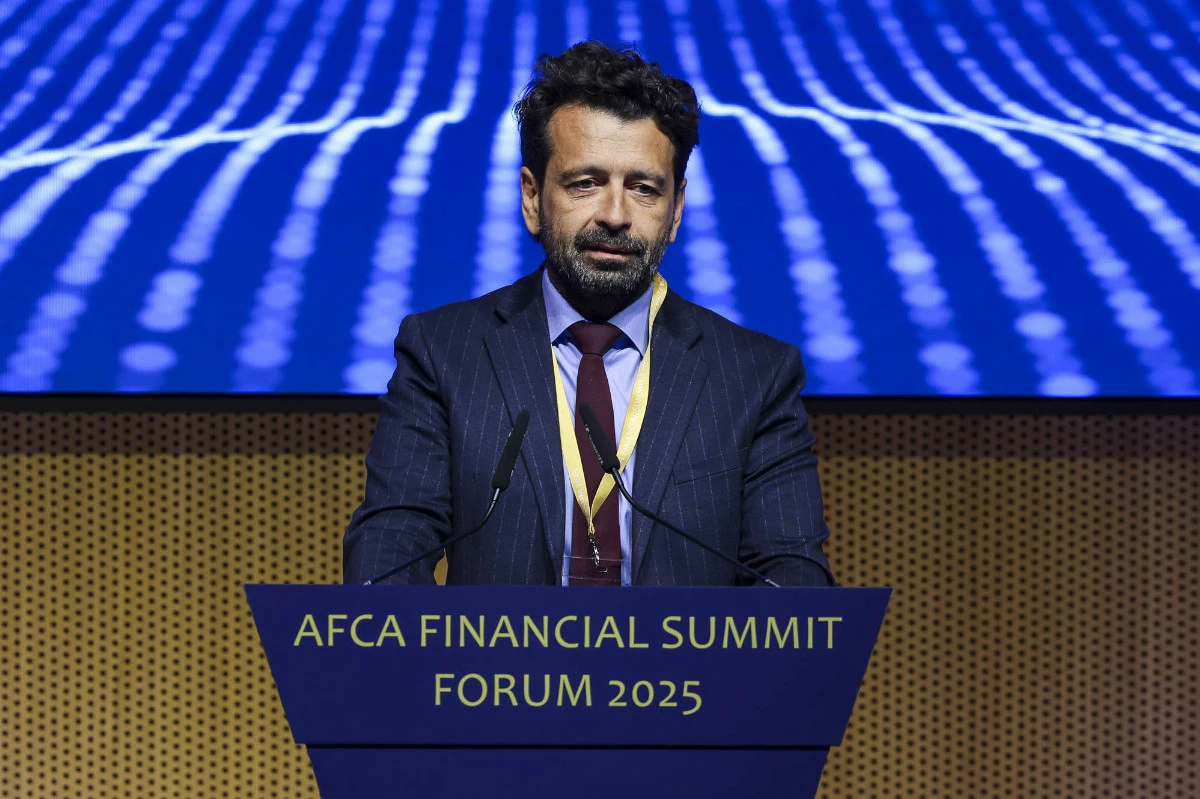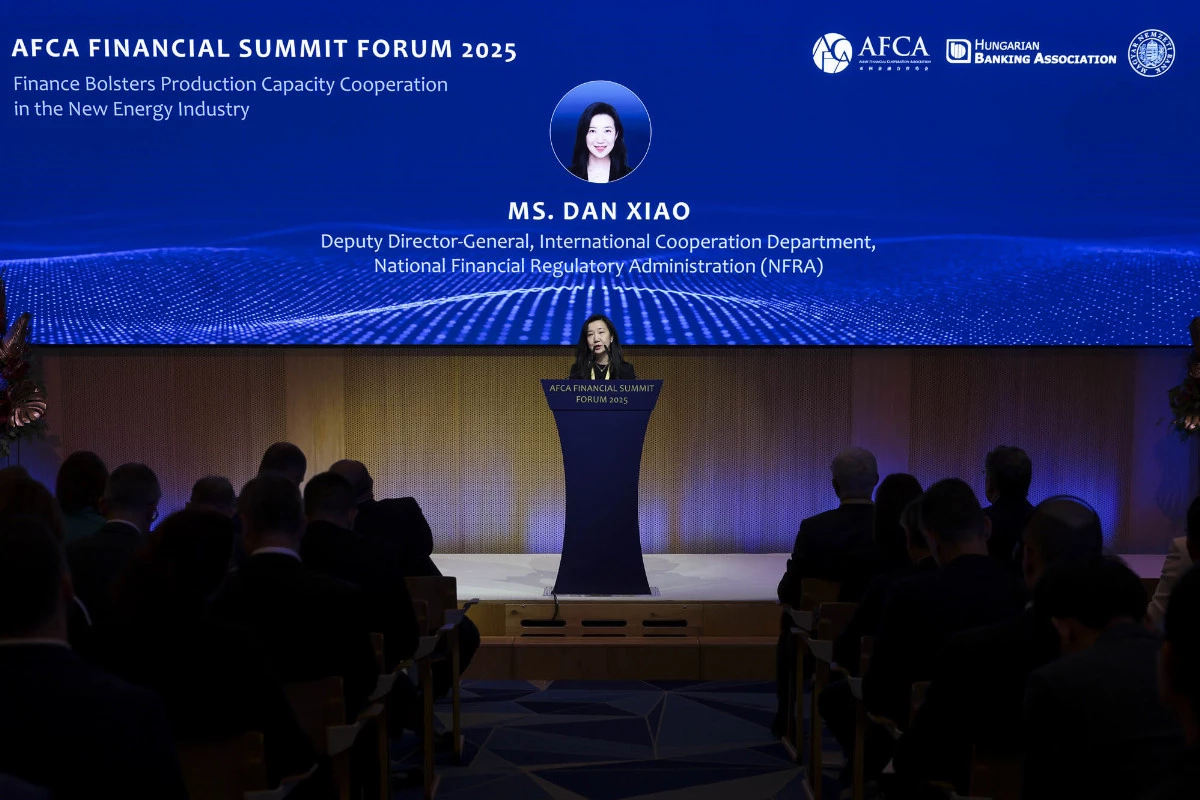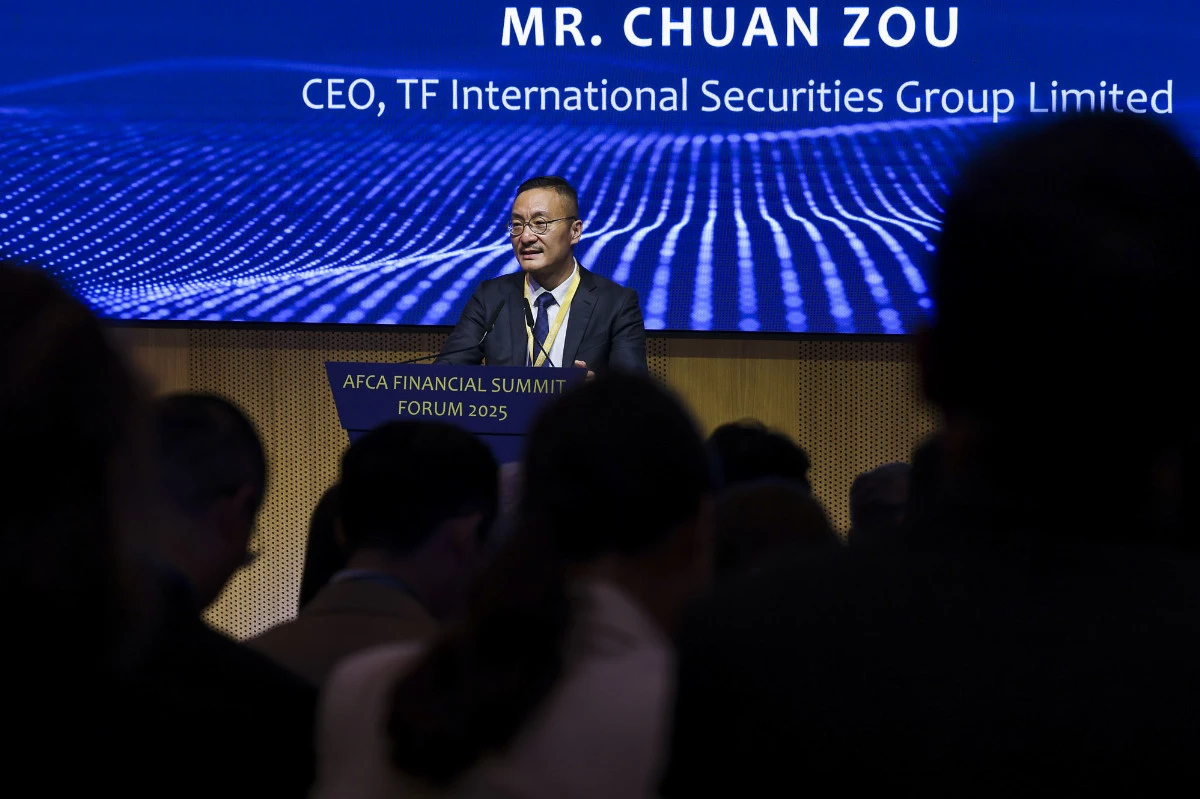
Hungarian Minister of Energy Csaba Lantos underlined the government’s commitment to fiscal discipline, noting that Hungary’s public debt remains below the EU average even after recent crises. He highlighted the strong investor confidence demonstrated by successful bond issuances totaling more than USD 6.5 billion in 2025 and a yuan-denominated bond that attracted significant demand.
Lantos stressed that China is Hungary’s key strategic partner, with the country leading Chinese FDI flows into Europe in 2020, 2023, and 2024. In 2024 alone, Hungary accounted for 31 per cent of Chinese greenfield FDI in the region, with major projects such as BYD’s electric vehicle investment. He urged stronger Europe–Asia collaboration, particularly in energy production, storage, and innovation, noting that ‘China is an indispensable partner in the green transition,’ as it supplies the majority of the EU’s solar panels, wind turbines, and other green technologies.
The minister presented Hungary’s comprehensive energy policy, aimed at safeguarding sovereignty, ensuring competitive energy prices, and meeting climate goals. Key elements include tripling wind capacity, expanding geothermal energy, and doubling storage capacity. Lantos also announced a nearly HUF 400 billion programme to support corporate energy efficiency, industrial storage, and green innovation. While emphasising renewables, he reaffirmed the need for nuclear energy and natural gas for baseload security, citing the construction of three new combined-cycle gas turbine units in Eastern Hungary.

Tibor Tóth, CEO of the Budapest Stock Exchange, echoed these points, framing the green transition as an investment rather than a cost: ‘An investment in resilience, an investment in innovation, and an investment in future value.’ Tóth warned that Europe’s slow disbursement of Next Generation EU funds—only 50 per cent of €650 billion allocated—undermines competitiveness, forcing countries like Hungary to develop innovative financing solutions. He cited Hungary’s leadership in issuing green bonds in four currencies, including China’s domestic market, as an example of proactive strategy. He also highlighted Hungary’s rapid solar expansion and long-awaited investments in geothermal energy.

Representing China’s regulatory perspective, Dan Xiao, Deputy Director-General of the NFRA’s International Cooperation Department, stressed that finance is the ‘lifeblood of the real economy’ and a key driver of technological innovation and green transformation. She outlined China’s efforts to deepen financial cooperation with Hungary, including bilateral currency settlement, RMB clearing hubs, and green finance initiatives under the Belt and Road framework. Hungary’s 2021 issuance of RMB 1 billion in green Panda bonds, she noted, set a benchmark for cross-border green finance. Xiao called for expanded cooperation in carbon markets, green bond issuance, and joint development of sustainable finance standards.

Chuan Zou, CEO of TF International Securities Group, underscored the scale of China’s green finance market, noting that his firm arranged more than USD 13 billion in offshore issuances in 2025, ranking among the top global green bond deals. He pointed to Hong Kong’s growing role as a global sustainable finance hub, managing USD 4 trillion in private and institutional capital. Looking ahead, Zou predicted that energy, computing power, and intellectual property would become the new benchmarks of global economic value, with finance serving as the critical lever to allocate these resources.
The AFCA conference highlighted a shared message: the green transition requires coordinated financial innovation and strategic partnerships between Europe and Asia. As Hungary positions itself as a hub for clean technologies and China expands its role as a green finance leader, both sides signalled readiness to deepen cooperation in building a sustainable global economy.